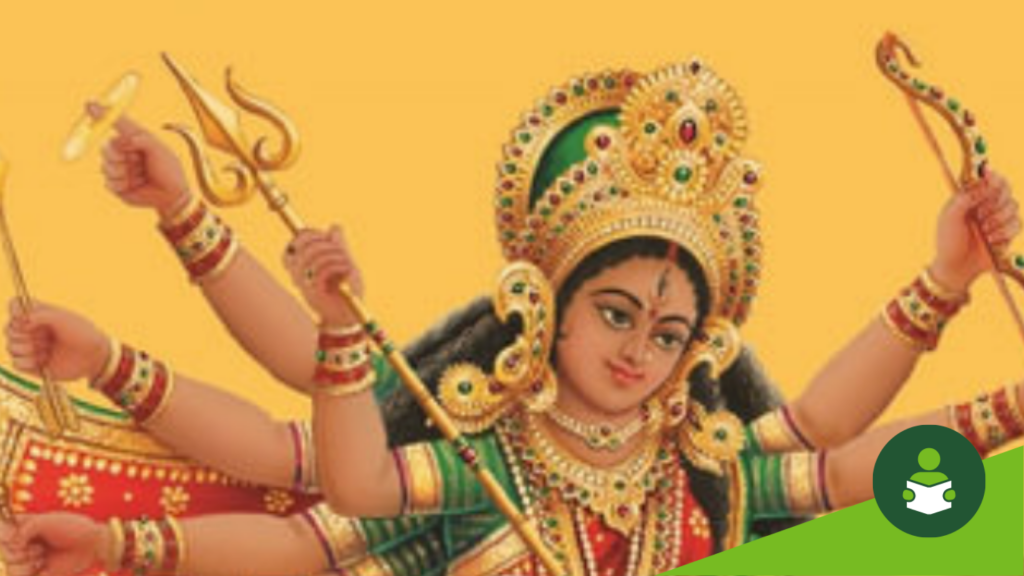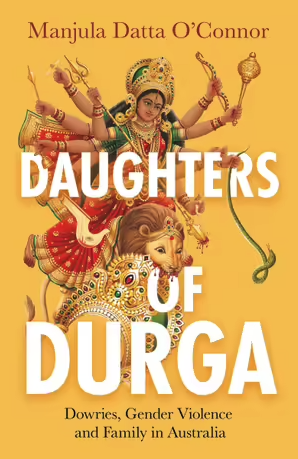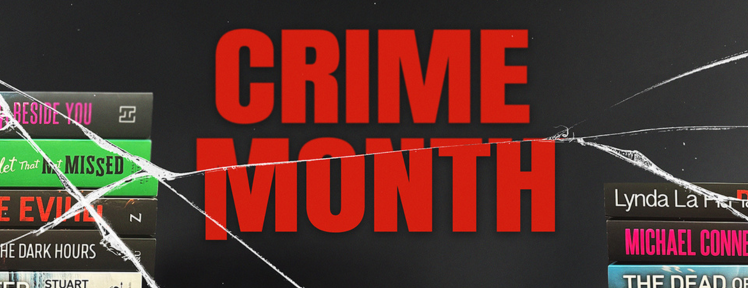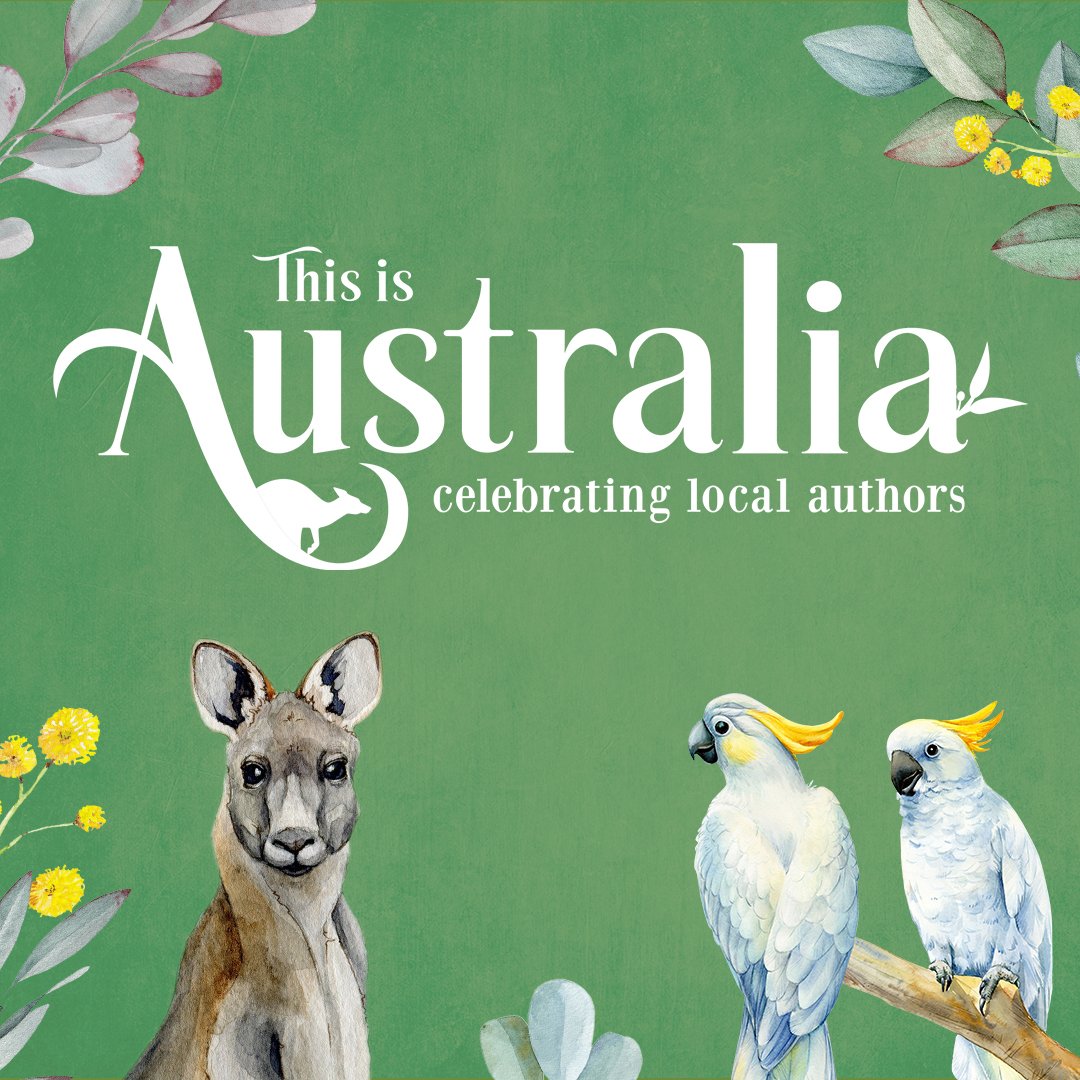
Manjula Datta O’Connor is a clinical psychiatrist and Chair of the Royal Australian New Zealand College of Psychiatrists Family Violence Psychiatry Network. She is a clinician, researcher and advocate and works closely with community in the prevention of family violence.
Today, Manjula is here to answer a few of our questions about Daughters of Durga! Read on …
Please tell us about your book, Daughters of Durga.
MDO: The book is a synthesis of my cross-cultural experiences, research, deep clinical observations and community-based work, and is built on the foundational experiences of my family life. It asks how we can make change so that daughters and sons are equally valued within the Indian community; so that parents do not wish their daughters were sons; and so individuals, families and society as a whole do not see daughters as a handicap but rather as individuals with their own strengths. It examines how we can harness the strengths that exist in ancient knowledge, combine them with the modern evolving India and science-based knowledge to shape the future of the modern, mobile, international Indian woman. In that it is unique.
The books breaks the enforced silence of women experiencing transnational abuse and sexual and dowry exploitation: women who are unable to exercise free will, who feel trapped, who are unable to see options and possibilities for themselves and their futures. It is for those who have experienced trauma, who, as a result, are depressed, anxious or worse. And it is for those women who have taken their own lives.
Where did your interest in this topic come from and why was it important to you to write this book?
MDO: A spate of domestic violence-related murders in 2012 – 2016 in Victoria’s Indian community and the recent suicides of seven women compelled me to find solutions to the many problems faced by Australian-Indian and South Asian women. The question it seeks to answer is this: how can we enhance the living conditions of India’s transnational women?
Women suffer at the hands of patriarchy yet pray to have sons. They give them preferential treatment over daughters, because, systemically, she will gain power back from association with her son. When she is widowed, some will once again become a burden to the son and his family. As a woman she will not have the resources to live alone.
Marriage is an essential, defining moment in any woman’s life, but it’s not always a happy one for some Indian women, whether in India or Australia. Domestic violence, dowry murders and dowry suicides take a high toll. This compelled me to find solutions to the many problems encountered by Indian women.
Every story has a powerful lesson contained within it.
The concept of the missing women of India led to my passion and work – supporting victims of family violence and prevention of such violence, starting with Indian community in Australia and drawing inspiration from the work of Indian activists in India. But the most hard-hitting lessons came from the victim-survivors of transnational abuse, dowry exploitation and sexual exploitation.
You invoke the goddess Durga in your title. Can you explain a little bit about that choice?
MDO: In the Sanskrit epic Mahabharata (written about 4000 years ago) Lord Krishna exhorts Arjun to invoke Goddess Durga. She is the goddess of victory and defeat. She is fierce, has power, determination, wisdom and punishment beyond this material world. Ajrun prays to her: “You are unconsciousness, sleep, modesty, beauty, you are contentment, growth, light. It is you who supports the sun and the moon and earth.” Durga appears to Arjun and promises victory. Men and kings pray to her.
For women she is the epitome of feminine power. She has 10 arms. She carries a vessel, a bell, a sword, discuss, snake, lotus flower and more. We imbibe the image and power associated with Durga. In modern terms, the goddess Durga reflects the modern woman who is resilient and resourceful, powerful, and sensitive.
Is there a particular survivor story from your book that stays with you still?
MDO: Every story has a powerful lesson contained within it. The most poignant lesson came from a woman who defied her family in India to marry a man in Australia who she had met online and moved here on a visitor visa. The man and his mother subjected her to unspeakable abuse and violence. Despite her circumstances, this woman rose from the depths of trauma to become a productive and happy citizen. Stories like hers remind us of the resilience of women.
Has writing this book changed your understanding of what it means to be resilient? How?
MDO: This journey has shed light on the power contained within the women of India, and the hardships they endure in the patriarchal system, whether living in or out of India. Stories like the one above are a constant reminder that women can not only survive but live happily and well when they are given the opportunity. The resilience and power contained within the women is beyond anything I had imagined.

Can you tell us a little bit about your journey towards becoming a writer?
MDO: It was a tough journey. The stories in the book are important to share, and sharing these in a manner conveys the true impact on the life of the victim without causing distress to the reader was a difficult balancing act.
Who did you write this book for? Who do you wish would read it?
MDO: The book is for anyone who wishes to understand the different avatars of patriarchy. It is important that the differential position of women and men in a community as described in the book are not put down simply as a matter of culture.
What is the last book you read and loved?
MDO: My all-time favorite book – The Argumentative Indian by Amartya Sen.
What do you hope readers will discover in Daughters of Durga?
MDO: Indian culture is strong, complex and resilient. It continues to live on in every Indian whether they are migrants or natives of India. It is ancient and wise – once upon a time it presented a golden period for women. I hope the book shows how we are finding our way back there in modern times.
And finally, what’s up next for you?
MDO: My clinical work is of utmost importance to me. This is where I continue to learn so much from my patients. I am also currently translating academic research for communities to create understandable, usable programs – they are the ones who need this most for they will create the change that we wish to see.
And perhaps another book!
Thanks Manjula!
—Daughters of Durga by Manjula Datta O’Connor (Melbourne University Publishing) is out now.

Daughters of Durga
Dowries, Gender Violence and Family in Australia
An incisive investigation of domestic violence in South Asian communities, and the resilience of women in the face of adversity






 What do we know about the Boy Swallows Universe Netflix show?
What do we know about the Boy Swallows Universe Netflix show?  Booktopia’s top thrilling fiction picks for Crime Month
Booktopia’s top thrilling fiction picks for Crime Month  Booktopia’s Top First Nations Book Recommendations for 2023
Booktopia’s Top First Nations Book Recommendations for 2023
Comments